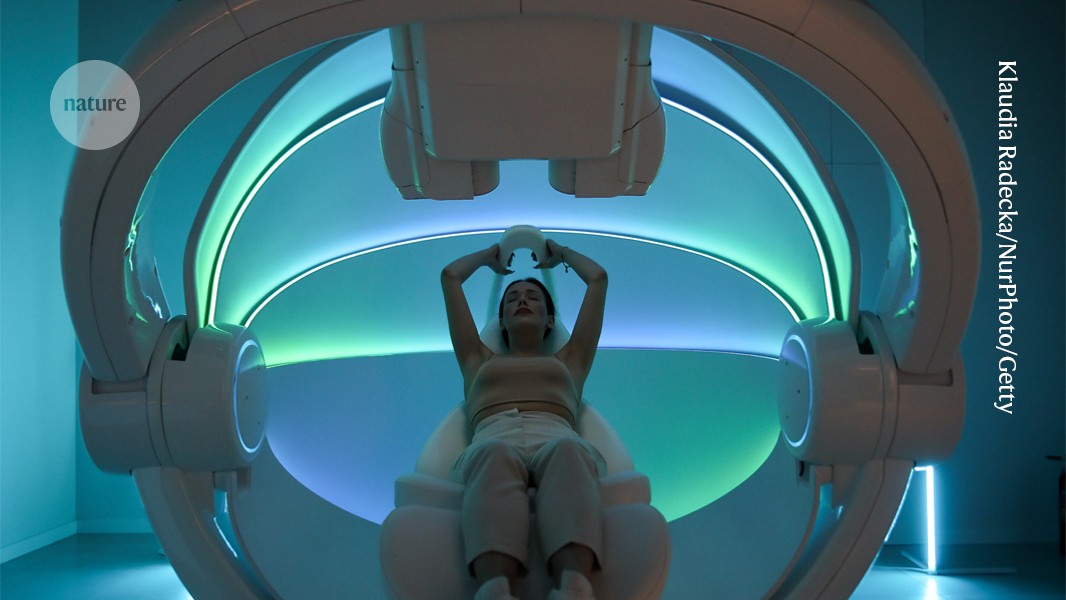
"The practice of modern medicine is built on pattern recognition—whether in a patient's history, physical examination, laboratory results, or response to treatment."
"No doctor can reliably catch early-stage pancreatic cancer from routine blood tests; answers to many profound questions often come down to a physician's gut feeling."
"Accurate knowledge of how a patient's condition might unfold can conserve resources, reduce suffering, and save lives, making predictive modeling increasingly important."
"While interest in AI in healthcare has exploded, any predictive model carries uncertainty that can lead to either overlooked risks or unnecessary interventions."
Modern medicine relies heavily on pattern recognition across patient histories, examinations, and test results. However, there are limitations, especially with complex diseases like pancreatic cancer. Subjectivity often influences critical predictions about disease progression and patient outcomes. Supervised machine learning is emerging as a potential solution by learning from data to identify patterns not visible to human practitioners. The growing interest in AI for healthcare is notable, with exponential study citations and a forecast of a massive market. However, reliance on predictive models still carries risks of either underestimating or overestimating patient needs.
Read at Nature
Unable to calculate read time
Collection
[
|
...
]